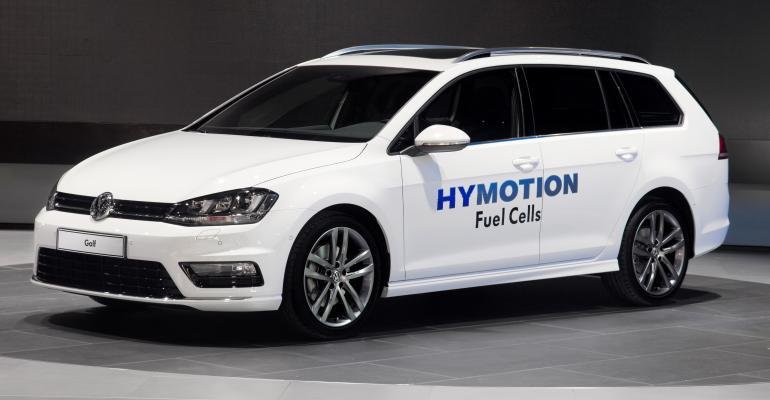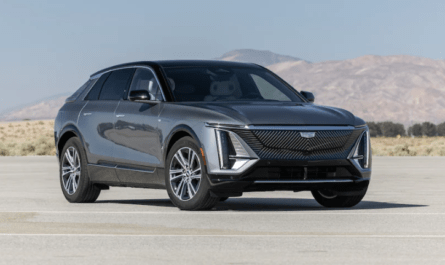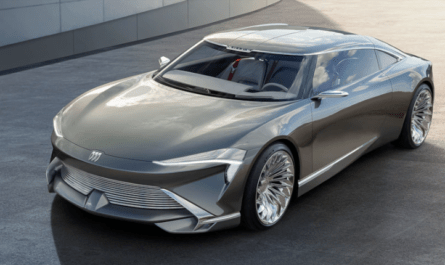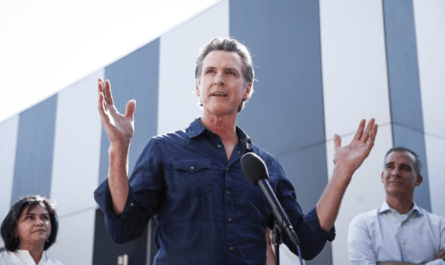Volkswagen has just applied for the registration of a patent for a new hydrogen fuel cell that, gives cars a range of up to 1250 miles or 2000 kilometers without refueling.

Well, Hydrogen technology is also simultaneously picking up alongside the BEV. Generally, Volkswagen had traditionally been believed to be reluctant to use H2 as the future technology.
This news represents a turn in the position that Volkswagen usually shows regarding hydrogen. Like Elon Musk does every time he has the opportunity, the German manufacturer’s CEO, Herbert Diess, denied the potential of hydrogen as a power source for electric cars in a tweet published in May 2022.
Volkswagen is developing a new fuel cell hydrogen car that is intended to be substantially cheaper than the currently available H2 vehicles. They are aiming to roll out a model that will have a range of 1,250 Miles or 2,000 kilometers per full tank. Volkswagen has just applied for the registration of a patent for a new hydrogen fuel cell that, in addition to being cheaper than the current ones.
Technology
Kraftwerk CEO Sascha Kühn pointed out that the primary difference between the traditionally used fuel cells in H2-powered vehicles is plastic, but their team is working with a ceramic membrane instead.
“The big advantage of our solution is that it can be produced much cheaper than polymer fuel cells and it does not require any type of platinum,” said Kühn. As platinum is a rare metal, using it drives up the cost of a traditional fuel cell. Avoiding the use of precious metals means that the cost of a fuel cell can be kept much lower.
Kühn compared the hydrogen car technology to solid-state batteries. Both the fuel cell being developed and a solid-state battery have a similar material structure and the same electrolytes. The primary difference between them is that compact material is used by a solid-state battery for energy storage, whereas H2 gas assumes that role in a fuel cell.
Advantages
A further advantage of the ceramic membrane, according to Kühn, is that it does not need to be moistened in the operation process, alleviating concerns of it freezing in winter, attracting mold in high-humidity environments, and drying out in high temperatures.
It also generates heat that can be used to run a car’s heating and air conditioning, leading to greater overall energy efficiency.
Conclusion
Despite lodging the patent together, Kühn confirms the fuel-cell development being carried out by Kraftwerk Tubes is not exclusive to VW.
“Regardless of the manufacturer, the goal is for our technology to be launched in a series production vehicle by 2026. We are talking about a volume of 10,000 vehicles, spread over several car manufacturers,” he says.
Details of VW’s partnership with Kraftwerk Tubes emerge after its former CEO, Herbert Diess, dismissed suggestions the German automaker was planning to launch a hydrogen-fueled model to rival the Hyundai Nexo or the second-generation Toyota Mirai.
So guys though this is great news and a new stance regarding the use of hydrogen as fuel by Volkswagen it shall not be exclusive to VW and other manufacturers may also get their hands on this technology. But yes it can surely be said that VW will definitely get an upper hand to use this technology before anyone else and we may see cars with this tech as early as 2026.



